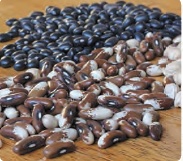Improve your Food IQ and Health with 10 Functional Foods | by
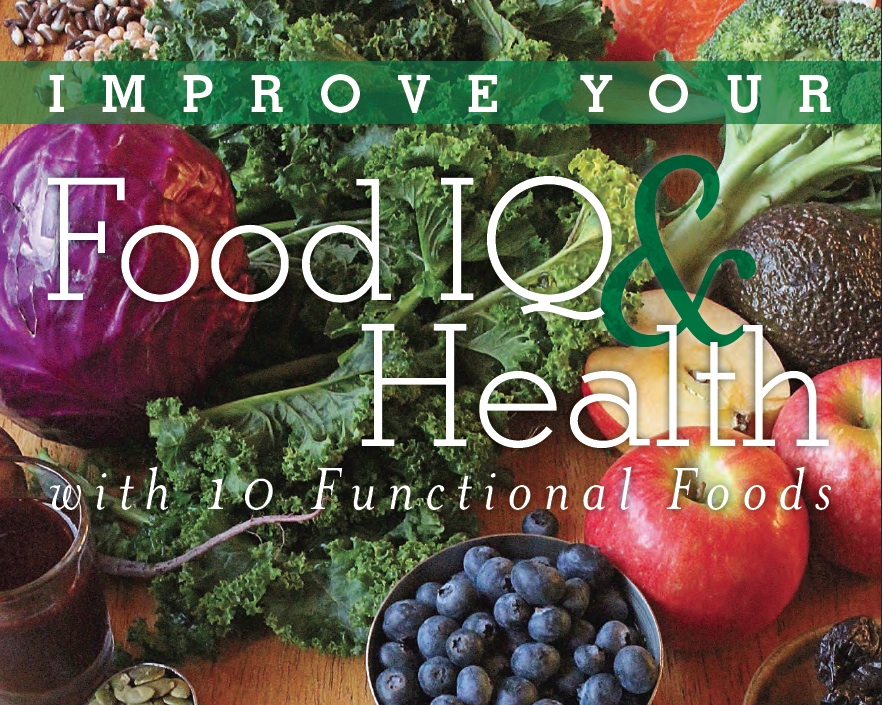
If your functional food IQ is lacking, in this article four Colorado nutrition experts help explain what functional foods are, why you should eat more of them and their top picks to help optimize nutrition and reap greater health benefits.
“Functional foods provide health benefits beyond basic nutritional needs,” says Sarah A. Johnson, an assistant professor and registered dietitian nutritionist studying functional foods in the Department of Food Science and Human Nutrition at Colorado State University. “They contain nutrients such as vitamins and minerals and non-nutrients such as dietary fiber and bioactive compounds, commonly known as phytochemicals. To be considered functional, a food must alter one or more physiologic processes.”
For example a functional food could help reduce blood pressure or lower blood cholesterol.
There is, however, no single definition for “functional foods” in the nutrition and science community and currently the Food and Drug Administration (FDA) only regulates marketing claims regarding their health benefits.
Regardless, Jessica Crandall, a registered dietitian with Presbyterian/St. Luke’s Medical Center, says functional foods can be simply understood as “having the potential to have positive effects on health and performance today or in the future to reduce potential diseases.”
For this reason, many baby boomers are changing the way they eat.
“People are hungry for preventative and therapeutic measures,” says Dr. Edward Carriere, an internal medicine doctor with Sky Ridge Medical Center who focuses on integrative medicine and recently completed a fellowship with Dr. Andrew Weil. “People need to know what foods help the body heal.”
To improve optimal nutrition and health benefits, Adriann Pidek, a registered dietitian with Rose Medical Center, recommends people first start by consuming a well-balanced diet overall, rather than relying on any one miracle food. This includes a core diet abundant in vegetables and fruits and smaller amounts of animal protein, says Carriere.
Functional Foods
The list of functional foods that follows is a culmination of these four experts’ recommendations. The list is not exhaustive. Try to consume them as whole foods, in their natural state, rather than in processed form, which usually contains more sugar, salt, fat and other additives or fillers. Carriere also says choose ingredients that are organic, wild-caught and grass-fed.


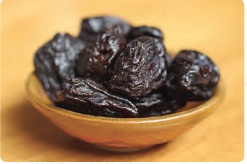
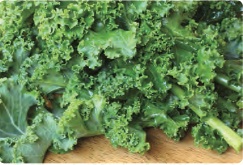
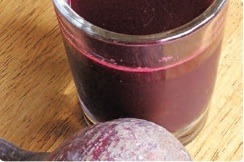
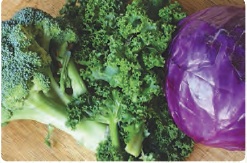

Apples have “amazing cardiovascular benefits” since they help improve lipid profiles, lower cholesterol and may play a role in colon cancer prevention, says Johnson. Serving: 1 per day.
Beans can help reduce cholesterol, the risk of heart disease and colon cancer. They are high in fiber, protein, potassium and folate, says Pidek. Serving: a half cup per day. Rinse canned beans to remove excess salt.
Avocados are a potassium-rich, heart-healthy good mono-saturated fat, that help maintain electrolyte balance, provide a good source of fiber and support heart contractions, says Crandall. Serving: a few slices per day or about one-fifth of a medium avocado. The FDA may increase serving size requirements to 50 grams rather than the current 30 grams.
Tags: nutrition
Leave a Comment
Please be respectful while leaving comments. All comments are subject to removal by the moderator.


